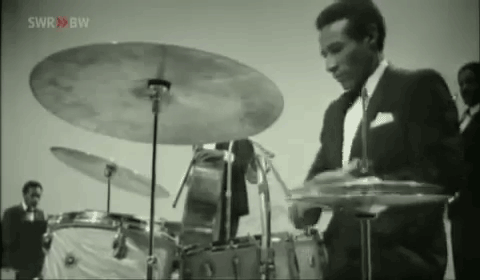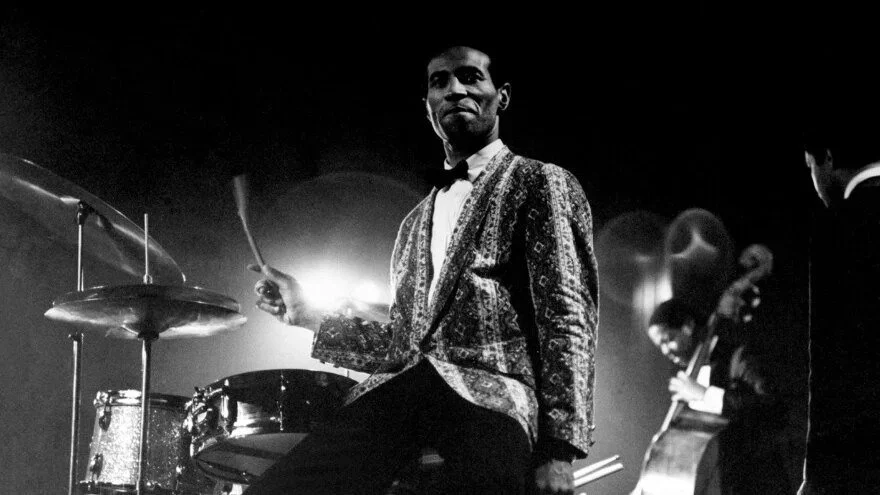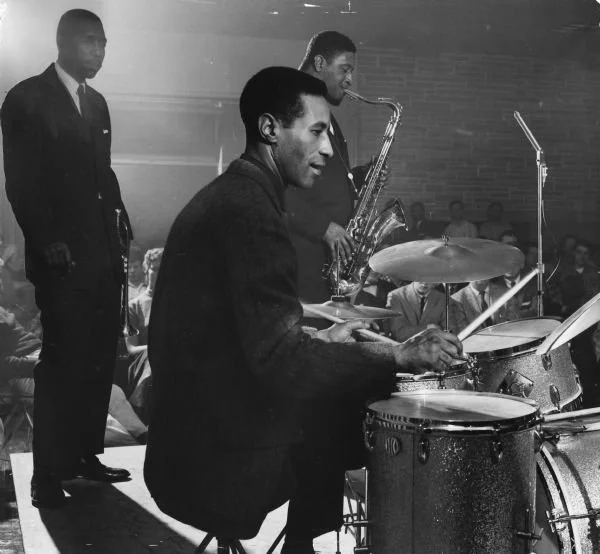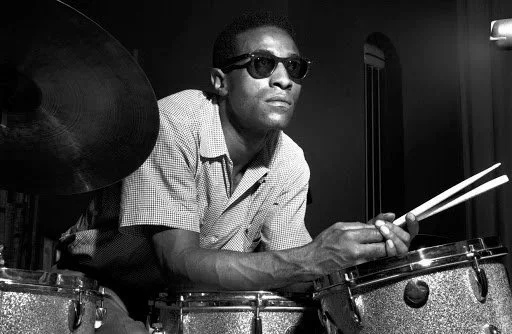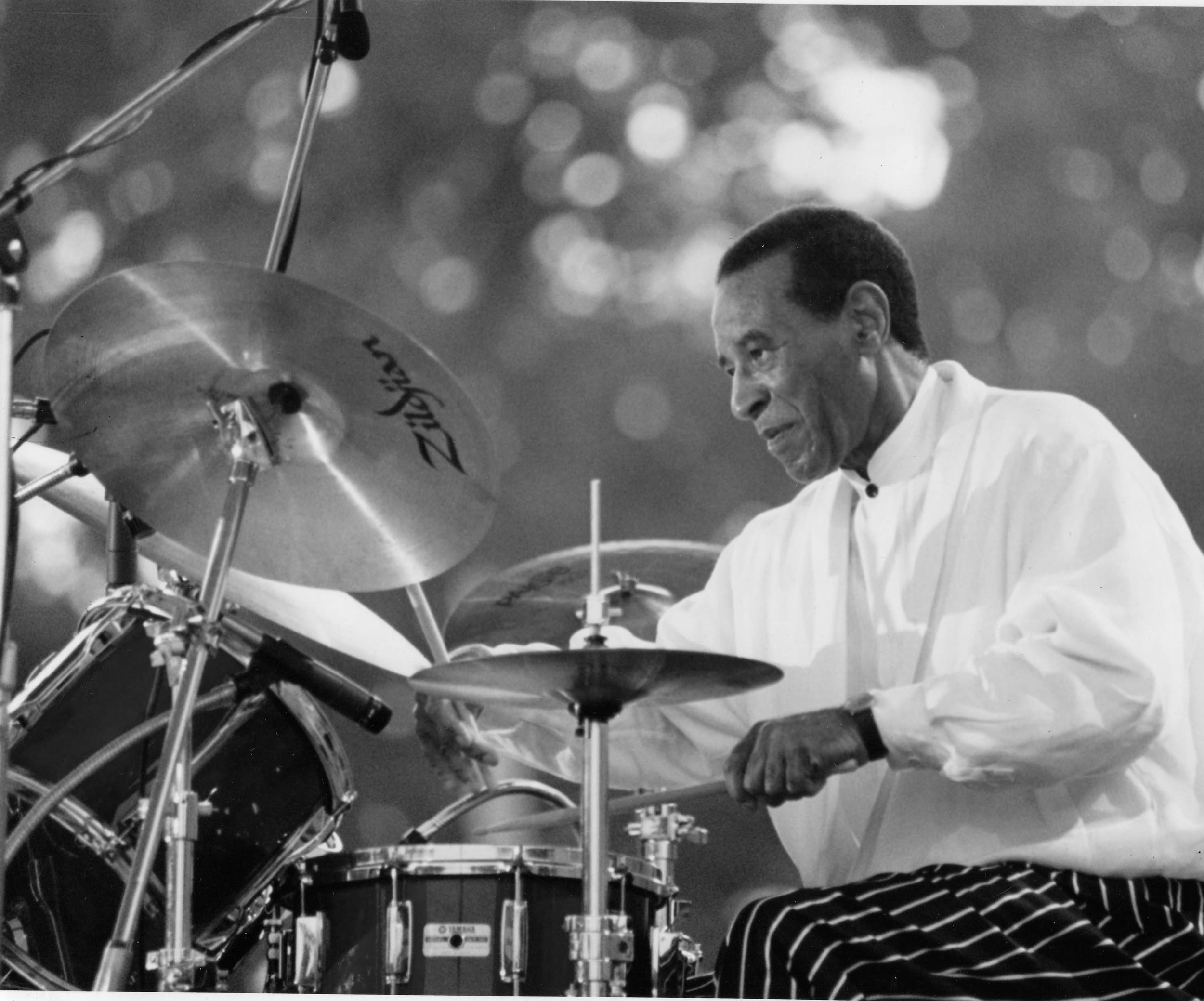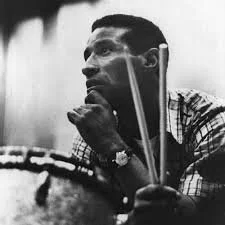The World of Sound
is Infinite
The Legacy
of Max Roach
LEGEND
PIONEER
A Timeline
of Rhythm & Resistance
Max Roach was more than a master drummer — he was a cultural force, a boundary-breaking composer and a fearless advocate for justice.
1944–1949 – Plays in Charlie Parker’s quintet during the rise of Bebop. Max brings new complexity and freedom to rhythm, laying groundwork for jazz as an instrument of personal and political expression.
1952 – Co-founds Debut Records with Charles Mingus — one of the first artist-owned jazz labels, aimed at giving musicians creative and financial control.
1940s–1950s:
Foundations of Expression
1960 – Releases We Insist! Freedom Now Suite with vocalist Abbey Lincoln.
A landmark protest album addressing civil rights, African independence movements, and the Black American experience.
1960:
The Freedom Now Suite
1970s:
Amplifying
Black Voices
Max Roach forms the Max Roach Double Quartet, combining jazz and classical string quartets — often used to address themes of struggle, liberation, and Pan-African identity.
Advocates for more representation of African-American voices in classical and jazz institutions.
1980s:
The CULTURAL ICON CONTINUES
n the 1980s, while many jazz traditionalists resisted the rise of hip hop, Max Roach recognized its cultural force and embraced collaboration. Performing with Fab 5 Freddy and engaging with the early hip hop movement, he bridged generations of Black music — proving that rhythm and resistance evolve together.
His willingness to stand with new voices reaffirmed his role not only as a jazz innovator, but as a cultural pioneer who refused to be confined by era or expectation.
Continues to perform works that reflect on racial injustice, memory, and freedom.
Max Roach’s contributions are honored with awards, documentaries, and lifetime recognitions. His commitment to justice never wavers.
Max Roach performing “Mr. Hi Hat” (1994)
1990s–2000s:
The Legacy Builds
2007 & Beyond:
The Legacy Continues
Max Roach passed away in 2007, but his influence has only grown. His music, message and movement continue to inspire new generations — through tributes, documentaries and the artists who carry his spirit forward.
The legacy continues…
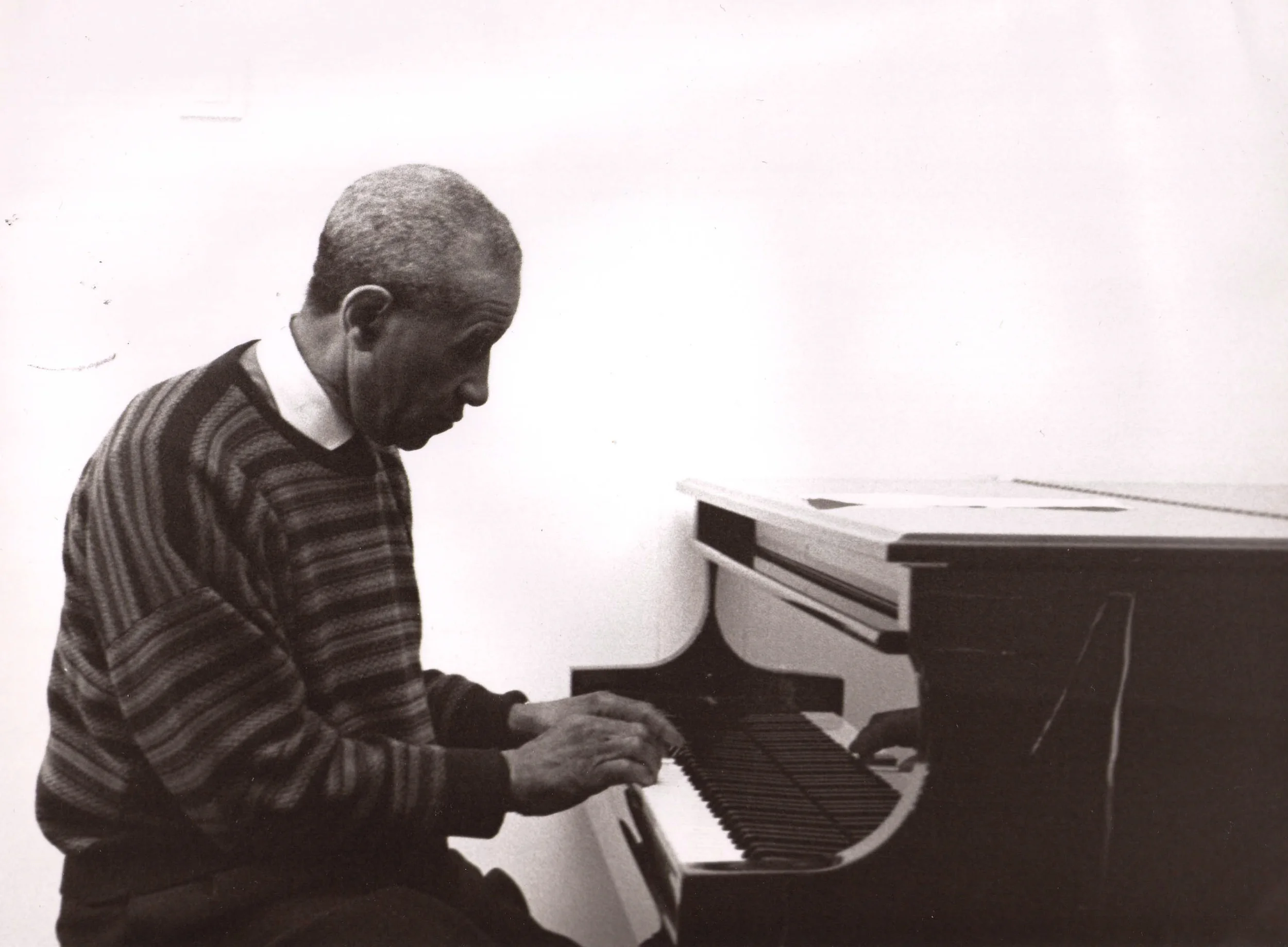
The Sound of Revolution.
The SOUND OF
REVOLUTION
This film trailer from the PBS documentary The Drum Also Waltzes captures the pulse of who he was — a pioneer, a protestor, a professor of rhythm.


